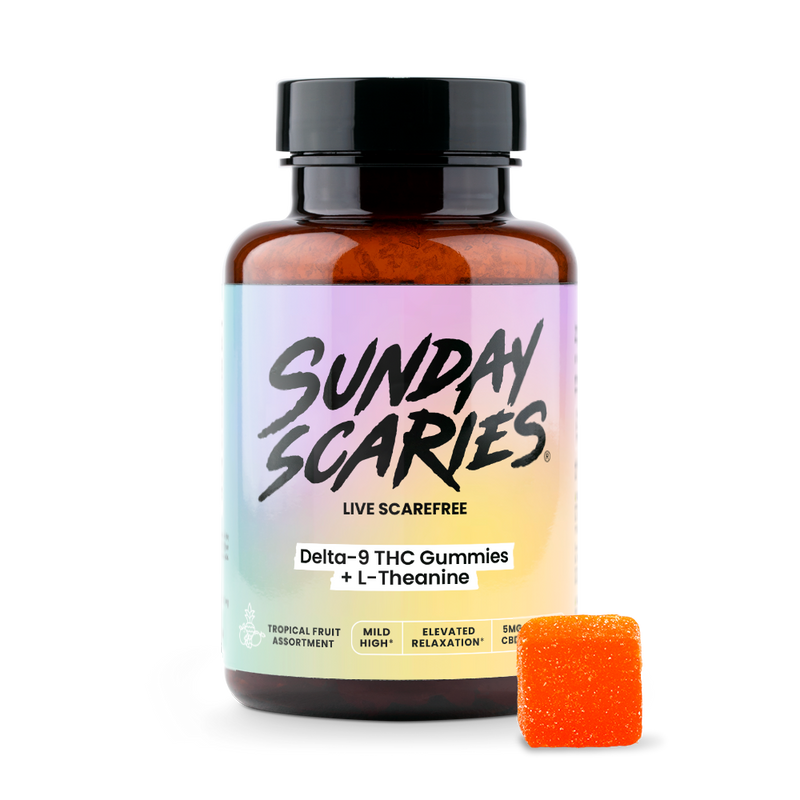
Will THC Gummies Test Positive on a Drug Test?
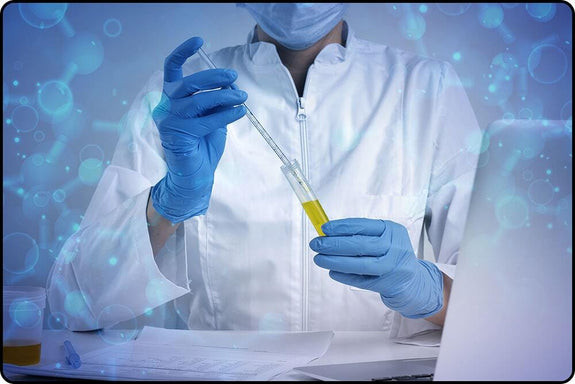
Yes, THC gummies can result in a positive drug test because they contain THC, which is metabolized and detected by standard drug testing methods, especially urine tests.
As THC (tetrahydrocannabinol) gummies continue to gain popularity among cannabis enthusiasts, a common question arises: "Will THC gummies test positive on a drug test?"
This question is particularly relevant for those who are subject to workplace drug testing, athletes, government workers and others who must ensure they are not consuming substances that could result in a positive test result.
In this article, we'll dive deep into the intricacies of drug testing, how THC is processed by the body, the variables that affect detection, and what you can expect if you're consuming THC gummies.
Understanding Drug Testing for THC
Before you buy THC gummies, it’s essential to grasp how drug tests work and what they are looking for.
Most drug tests, particularly those used in employment settings, are designed to detect metabolites rather than the substances themselves.
For THC, the main metabolite that drug tests identify is THC-COOH, a byproduct of THC after it is processed by the liver.
But, an important caveat to note is that some drugs tests tests for all cannabinoids. So, even if there is a trace amount or non-detectable amount of THC in the CBD edibles you are purchasing, you still may test positive.
Types of Drug Tests
The most common types of drug tests are urine tests, but hair, blood, and saliva tests are also used depending on the circumstances.
- Urine Tests: These are the most common and are typically used by employers. Urine tests are also the most common tests found in drug stores, pharmacies and online marketplaces like Amazon. Urine tests are particularly effective at detecting THC-COOH because this metabolite is stored in fat cells and excreted through urine over time.
- Hair Tests: Hair tests are less common but can detect THC use for a longer period (up to 90 days). The metabolites are incorporated into the hair as it grows, making it a method for detecting long-term usage.
- Blood Tests: Blood tests are less common for general drug testing but may be used in specific circumstances, such as determining impairment at the moment. For example, if you are in a car accident and inebriation is suspected, you may be subject to a blood test at the hospital. THC is detectable in the blood for a shorter period compared to urine or hair tests.
- Saliva Tests: These tests are becoming more popular because they can detect recent use (typically within the last 24-72 hours), but they are less effective at detecting long-term usage. The testers using this device often use it if they are more concerned about recent inebriation versus THC use from a while back.
THC Gummies and the Metabolism of THC
When you consume THC gummies, like Sunday Scaries delta-9 gummies, the THC is ingested and processed differently compared to inhalation methods such as smoking or vaping.
The THC is absorbed through the digestive system, metabolized by the liver, and converted into 11-hydroxy-THC, a potent metabolite that contributes to the psychoactive effects of edibles.
Eventually, 11-hydroxy-THC is further metabolized into THC-COOH, which is then excreted through urine and feces.
This process is important because it determines how long THC metabolites stay in your system and, therefore, how long they can be detected by drug tests.
Since edibles like THC gummies are metabolized slowly, they tend to stay in the body longer than smoked or vaped THC, increasing the likelihood of testing positive.
Factors That Affect THC Detection
The likelihood of testing positive for THC after consuming THC gummies depends on several factors:
- Frequency of Use: Regular users of THC are more likely to test positive because THC metabolites accumulate in fat cells over time. Occasional users may metabolize and excrete THC more quickly. For reference, a regular user typically consumes THC gummies daily or several times a week. In contrast, an occasional user takes THC gummies once a month or less.
- Dosage: The amount of THC consumed directly affects how long it remains detectable in your system. Higher doses lead to more metabolites and a longer detection window. For reference, a lower dose of THC is usually 1mg - 5mg per gummy, while a higher dose is 25mg and above.
- Body Fat: Since THC-COOH is stored in fat cells, individuals with higher body fat percentages may retain metabolites for longer periods, extending the detection window. So, this is one more reason to stay in optimal shape and kick your gymtimidation to the curb!
- Metabolism: Everyone’s metabolism is different. Those with faster metabolic rates may process and eliminate THC more quickly, reducing the time it remains detectable.
- Hydration Levels: While hydration alone won't flush THC from your system, being well-hydrated can dilute urine, potentially lowering the concentration of metabolites and decreasing the chances of a positive test result. However, overhydration can raise red flags for testers.
How Long Does THC from Gummies Stay in Your System?
The duration that THC remains detectable in your system depends on the factors mentioned above, but some general timelines can be provided based on the type of drug test.
IMPORTANT NOTE: It's incredibly important to note that these timeframes are estimates. Everyone is different physiologically and there are a ton of variables at play, as mentioned above. If you know you need to take a drug test and have to pass we strongly advise that you do not rely on these timelines and instead abstain from consuming THC gummies altogether.
- Urine Tests: For occasional users (those who use THC once a month or less), THC-COOH may be detectable for 3-7 days. Regular users might test positive for 10-30 days or even longer, depending on their level of use.
- Hair Tests: THC can be detected in hair for up to 90 days. However, hair tests are less commonly used due to their high cost and the fact that they may not indicate recent use. Usually employers or anti-doping agencies want to detect for recent use versus a single time use from a long time ago.
- Blood Tests: THC is typically detectable in the blood for 1-2 days after use, but this can be longer for heavy users (up to a week). Blood tests are also extremely accurate which is why they are used in legal or health-related settings.
- Saliva Tests: These can detect THC use from about 24 hours up to 72 hours after ingestion, though this window may be shorter for infrequent users.
Can You Avoid Testing Positive After Consuming THC Gummies?
If you're concerned about testing positive after consuming THC gummies, here are a few strategies that might help reduce your risk:
1. Time Your Consumption: If you know you will be subject to a drug test, avoid consuming THC gummies at least a month before the test, especially if you are a regular user. This allows time for the THC metabolites to be excreted from your body.
2. Hydration and Diet: Staying hydrated and maintaining a healthy diet can help your body metabolize THC more efficiently. Foods rich in fiber can help with the excretion of metabolites. Also consider exercising as much as possible to jumpstart your metabolism.
3. Detox Kits and Products: There are various detox products on the market that claim to help eliminate THC from your system. However, their effectiveness is widely debated, and they may not be reliable.
4. Consider Your Employment or Legal Situation: If your job or legal situation requires regular drug testing, it might be wise to avoid THC products altogether.
While these are not surefire ways to avoid a positive test result, they may help your chances.
Will Consuming CBD Gummies Cause a Positive THC Test?
Many people turn to CBD (cannabidiol) gummies, which are marketed as containing little to no THC.
However, it’s important to note that some CBD products do contain trace amounts of THC, particularly if they are labeled as "full-spectrum" CBD.
While the THC levels in these products are usually below the federal legal limit of 0.3%, it is still possible, though more unlikely, to test positive for THC after consuming large quantities of these products.
That being said, as stated earlier in our introduction, some drug tests are "Broad-Spectrum Cannabinoid Tests." This means that they screen for multiple cannabinoids, such as CBD, CBN, CBC, CBG and more.
While these tests are way less common than "Cannabinoid-Specific Tests" targeting THC since they are primarily used in specific legal or medical contexts, it's still important to understand what kind of test you'll be taking at your place of employment so you can avoid using those particular compounds.
Alternatives to THC Gummies
For those who enjoy the benefits of cannabis but are concerned about drug testing, there are alternatives that might be less likely to result in a positive test.
Again, this does not mean you WILL NOT test positive, it just means you are much less likely to do so.
- CBD Isolates: These contain only CBD and no THC, which should theoretically not result in a positive test. However, cross-contamination can occur, so it's important to buy from reputable sources. Finally, since the cannabis industry is highly unregulated, many brands will advertise their products as CBD isolates but may unfortunately use a different type of raw material oil. So, it's best to be a savvy consumer and request 3rd party lab results from the CBD brand you are purchasing from.
- Broad-Spectrum CBD: These products contain multiple cannabinoids but are typically formulated to remove THC. Again, the risk of cross-contamination exists, so careful selection is necessary. Finally, there still may be traces of THC, while not at the psychoactive level, in broad-spectrum products.
- THC-Free Products: Some products are specifically labeled as THC-free, which could be a safer choice for those who are drug tested regularly. Request a 3rd party Certificate of Analysis to confirm this.
For more information on finding your perfect CBD type, check out this resource: Full Spectrum vs. Broad Spectrum vs. Isolate.
Understanding the Legal Landscape
The legal status of THC and cannabis varies by state and country, which can influence how drug tests are administered and interpreted.
In some states, medical or recreational marijuana use is legal, which may offer some legal protections for users.
Hemp-derived THC is legal per the 2018 Farm Bill as long as there is less than .3% THC by dry weight in the final product.
That being said, THC derived from hemp and marijuana are the same chemical compound and they will both cause a drug test to pop positive. Also, many employers still have zero-tolerance policies, and a positive test can result in job termination or other consequences, regardless of the legality of THC in that jurisdiction.
The Impact of THC Gummies on Workplace Drug Testing
Workplace drug testing policies vary significantly between employers, industries, and regions. In some industries, particularly those where safety is a primary concern (e.g., transportation, construction), drug testing is more rigorous and may include random testing.
Legal Protections and Medical Cannabis
For individuals using THC gummies for medical purposes, some legal protections may be available, particularly in states with robust medical cannabis programs.
However, even in these cases, employers are not always required to accommodate medical cannabis use, and a positive test could still result in disciplinary action.
Conclusion
In conclusion, yes, THC gummies can indeed cause a positive result on a drug test.
The detection of THC in your system depends on various factors, including the frequency of use, dosage, metabolism, and the type of drug test being used.
Given that THC gummies are metabolized differently than inhaled THC, they may stay in your system longer, increasing the likelihood of a positive test.
If you are subject to drug testing, it's crucial to understand the risks associated with consuming THC gummies and take appropriate measures to mitigate those risks.
This could include abstaining from use if you know a test is upcoming or choosing THC-free alternatives if you are a regular user.
Ultimately, the decision to use THC gummies should be made with a full understanding of the potential consequences, particularly when it comes to drug testing.
By being informed and taking proactive steps, you can make the best decision for your situation while enjoying the benefits of THC products.

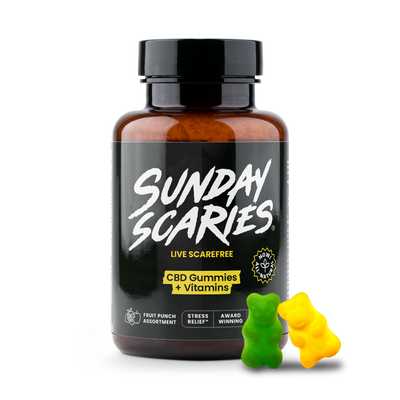 CBD Gummies
Stress Relief
CBD Gummies
Stress Relief
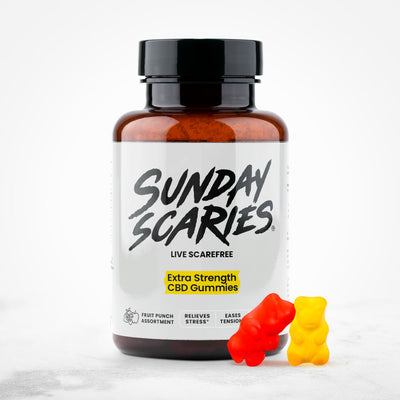 Extra Strength CBD Gummies
Stress Relief
Extra Strength CBD Gummies
Stress Relief
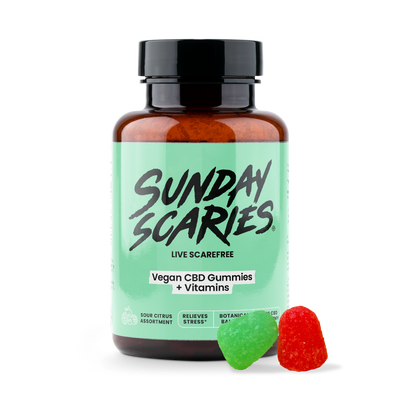 Vegan CBD Gummies
Stress Relief
Vegan CBD Gummies
Stress Relief
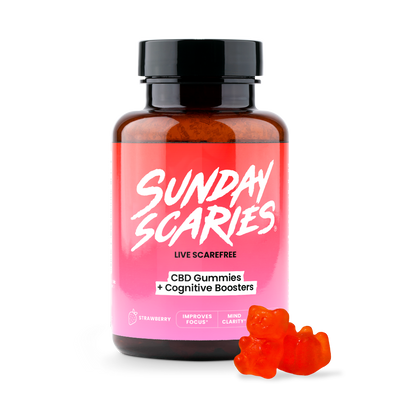 CBD Gummies for Focus
Focus Boost
CBD Gummies for Focus
Focus Boost
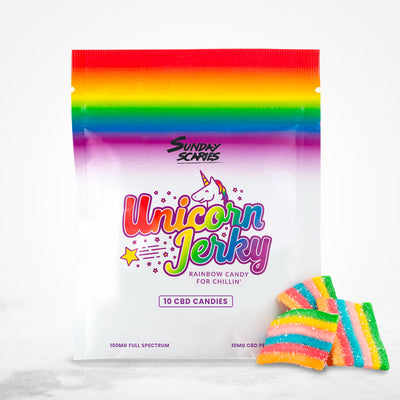 CBD Candy
Mood Lift
CBD Candy
Mood Lift
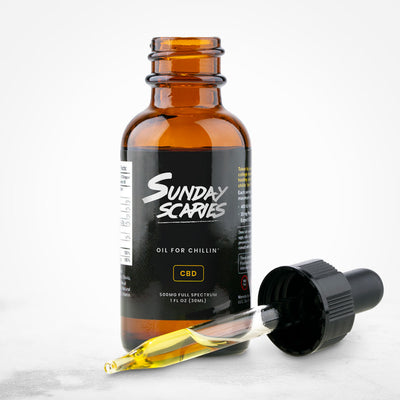 CBD Daytime Oil
Stress Relief
CBD Daytime Oil
Stress Relief
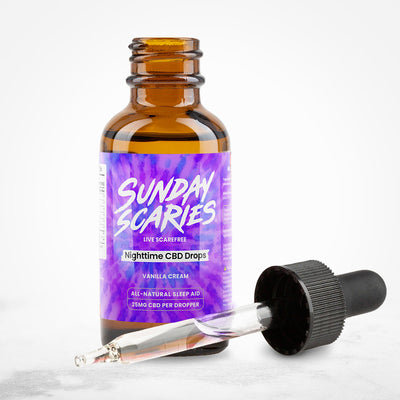 CBD Sleep Oil
Sleep Aid
CBD Sleep Oil
Sleep Aid
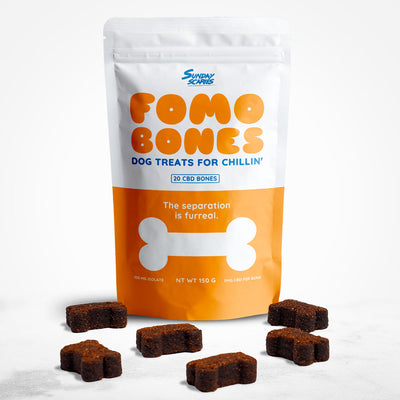 CBD Dog Treats
Stress Relief
CBD Dog Treats
Stress Relief
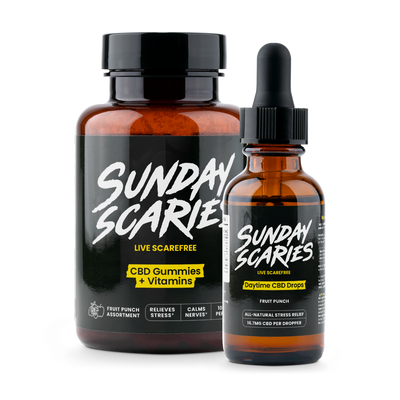 Side Piece Bundle
Stress Relief
Side Piece Bundle
Stress Relief
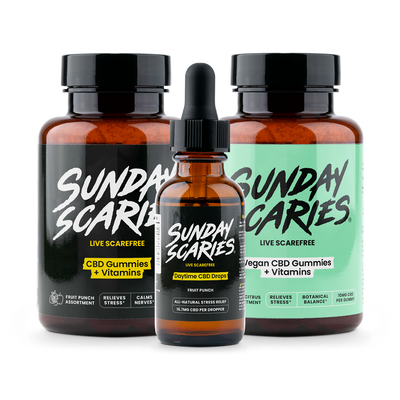 Rando Bundle
Stress Relief
Rando Bundle
Stress Relief
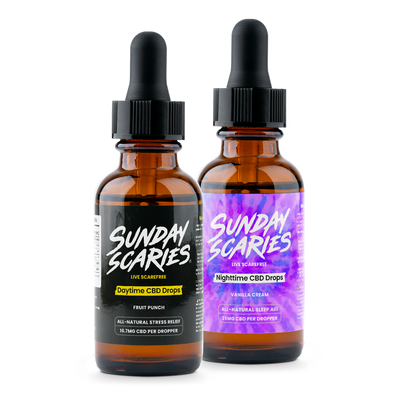 Sunrise & Sunset CBD Oil Bundle
Stress Relief
Sunrise & Sunset CBD Oil Bundle
Stress Relief
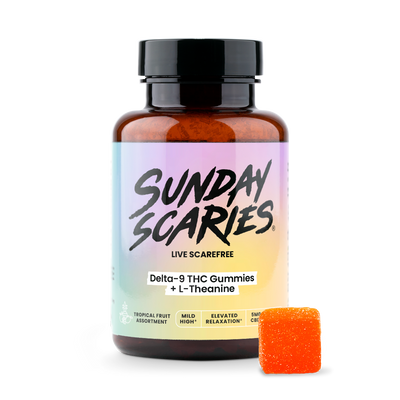 5mg Delta-9 Gummies
Euphoria
5mg Delta-9 Gummies
Euphoria
 10mg Delta-9 Gummies
Euphoria
10mg Delta-9 Gummies
Euphoria
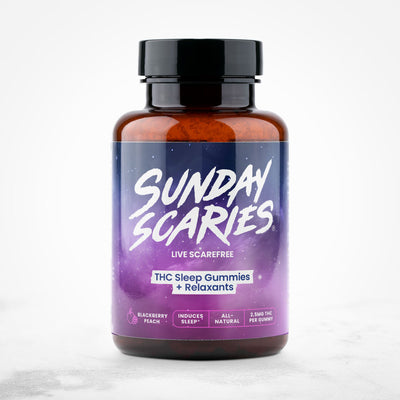 THC Gummies for Sleep
Sleep Aid
THC Gummies for Sleep
Sleep Aid
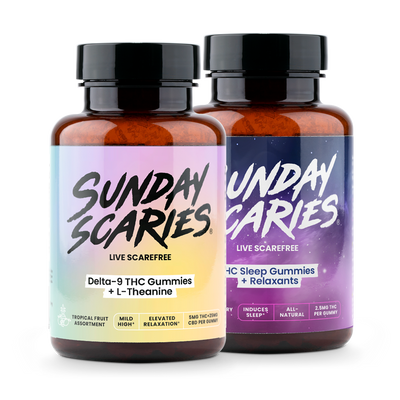 Day & Night THC Gummies Bundle
Stress Relief
Day & Night THC Gummies Bundle
Stress Relief
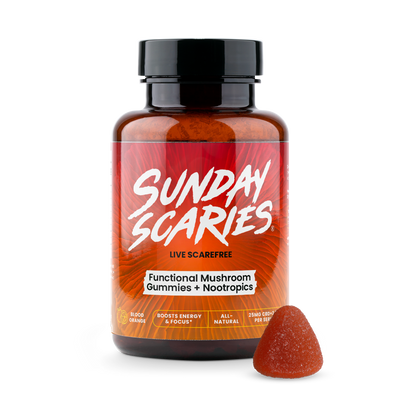 Mushroom Gummies
Focus Boost
Mushroom Gummies
Focus Boost
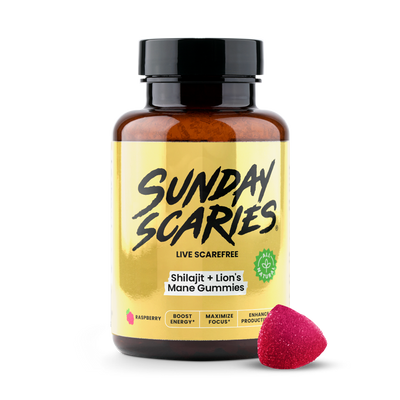 Shilajit Gummies
Focus Boost
Shilajit Gummies
Focus Boost
 Sunday Scaries Hat
Sunday Scaries Hat
 Sunday Scaries Dad Hat
Sunday Scaries Dad Hat
 Sunday Scaries T-Shirt
Sunday Scaries T-Shirt
 Sunday Scaries Pocket Tee
Sunday Scaries Pocket Tee
 Sunday Scaries Tank Top
Sunday Scaries Tank Top
 Sunday Scaries Sweatshirt
Sunday Scaries Sweatshirt
 Sunday Scaries Blanket Jacket
Sunday Scaries Blanket Jacket
 Sunday Scaries Sweatpants
Sunday Scaries Sweatpants

